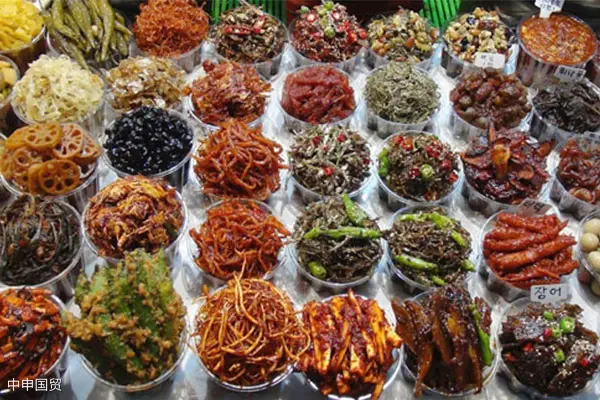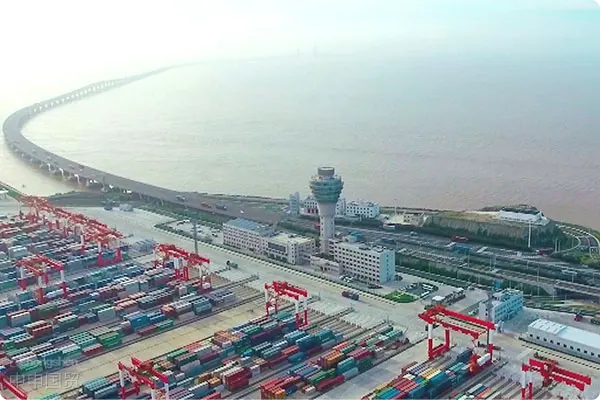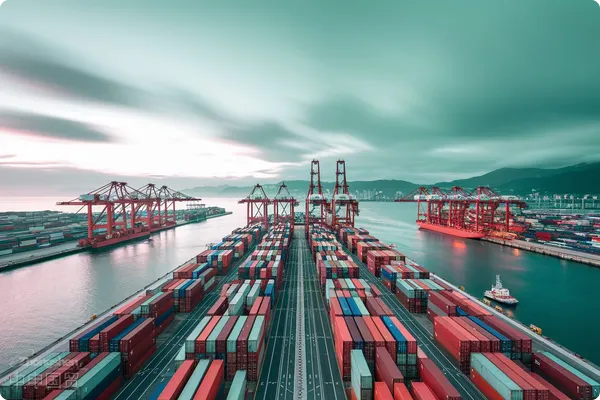- Shanghai Zhongshen International Trade Co., Ltd. - Two decades of trade agency expertise.
- Service Hotline: 139 1787 2118
January 15, 2024 15:20

Development and Implementation of the 2024 Customs Inspection Plan for Imported Food
(1) Expanding the Scope of Planned Inspections
To accommodate seasonal consumer demand, the 2024 inspection plan will expand to include ingredients with high seasonal consumption, such as red snapper and yellow croaker. Additionally, it will cover candy products that may attract childrens curiosity, which often use toys as a lure.
(2) Expanding Veterinary Drug Testing for Livestock and Aquatic Products
South Koreas Ministry of Food and Drug Safety plans to increase the number of veterinary drug testing items for beef, pork, chicken, eggs, and fish from approximately 70 to about 150. This measure aims to strengthen monitoring of veterinary drug residues in livestock products and ensure food safety.
(3) Strengthening On-Site Inspections
The focus will be on enhancing supervision of customs arbitrage practices, including inspections for false declarations of processed foods or agricultural products. Additionally, sensory inspection items for agricultural and forestry products will expand from 21 to 24, covering products such as red peppers, coffee beans, coriander, astragalus, and sesame. At the same time, on-site inspections will be intensified for imported seafood products that may mislead consumers.
Advancing the Improvement of the Customs Audit System for Imported Food
(1) Shortening the Inspection Cycle for Livestock Products
To improve inspection efficiency, the inspection cycle for livestock products will be shortened to expedite the customs clearance of imported food.
(2) Expanding the Scope of Expedited Clearance for Planned Imports
To ensure a stable supply of food ingredients, the expedited clearance system for planned imports will be expanded. Previously, this system only applied to products imported by top-tier importers, self-produced refined processing ingredients, and food flavors. It will now include raw materials used for manufacturing export food. Additionally, a tracking management system will be established for cases where planned imports fraudulently obtain expedited clearance approval, to prevent abuse and enhance food safety.
Related Recommendations
? 2025. All Rights Reserved. 滬ICP備2023007705號-2  PSB Record: Shanghai No.31011502009912
PSB Record: Shanghai No.31011502009912










